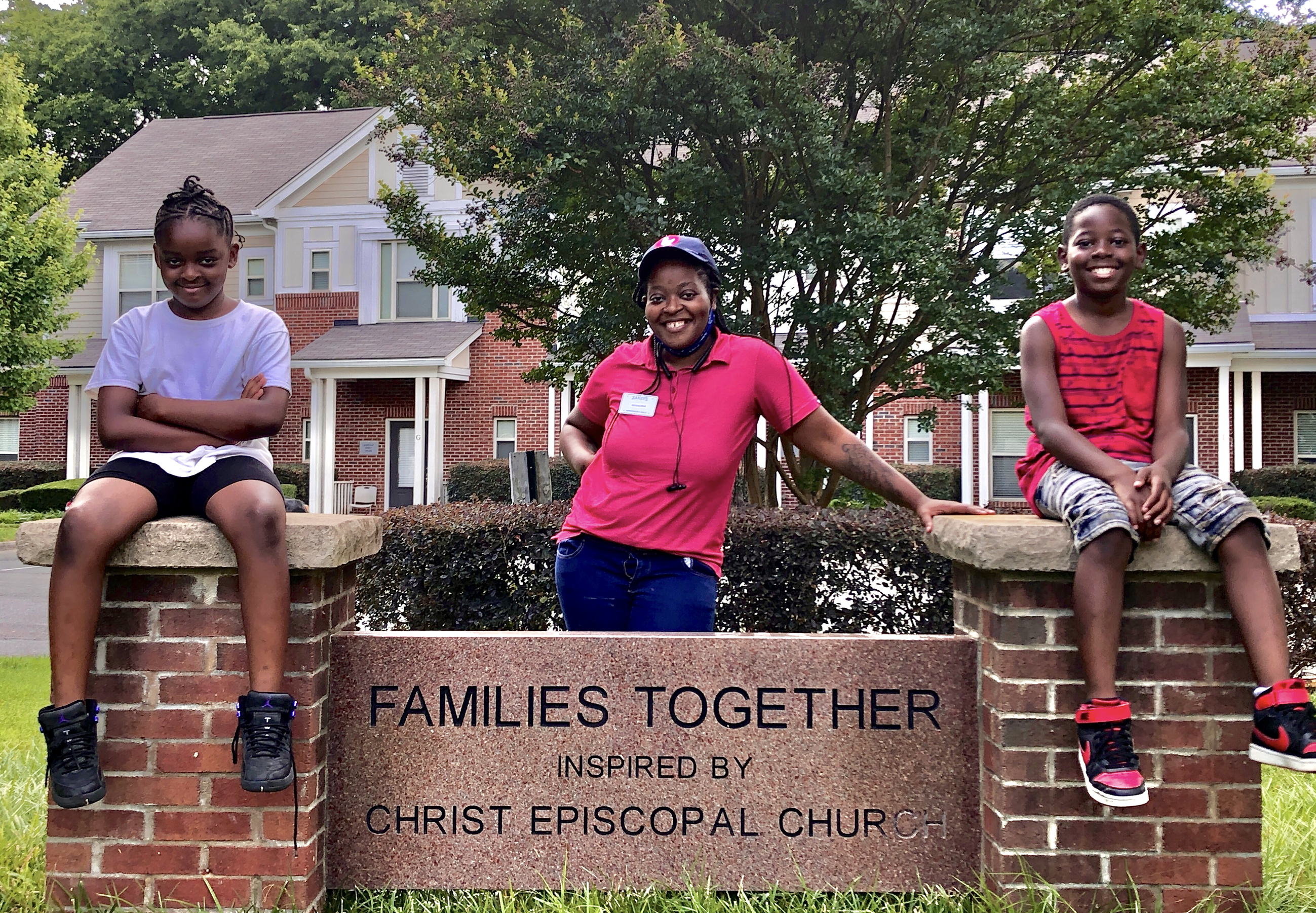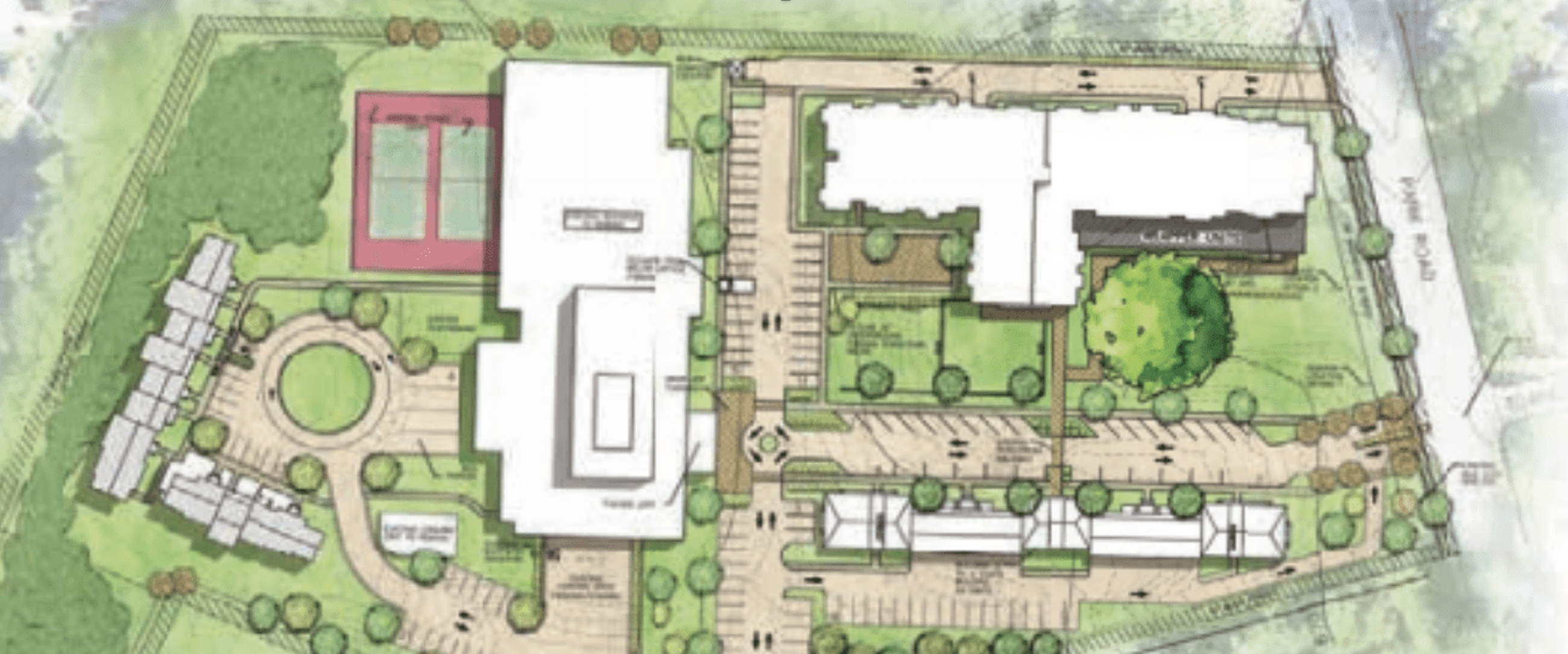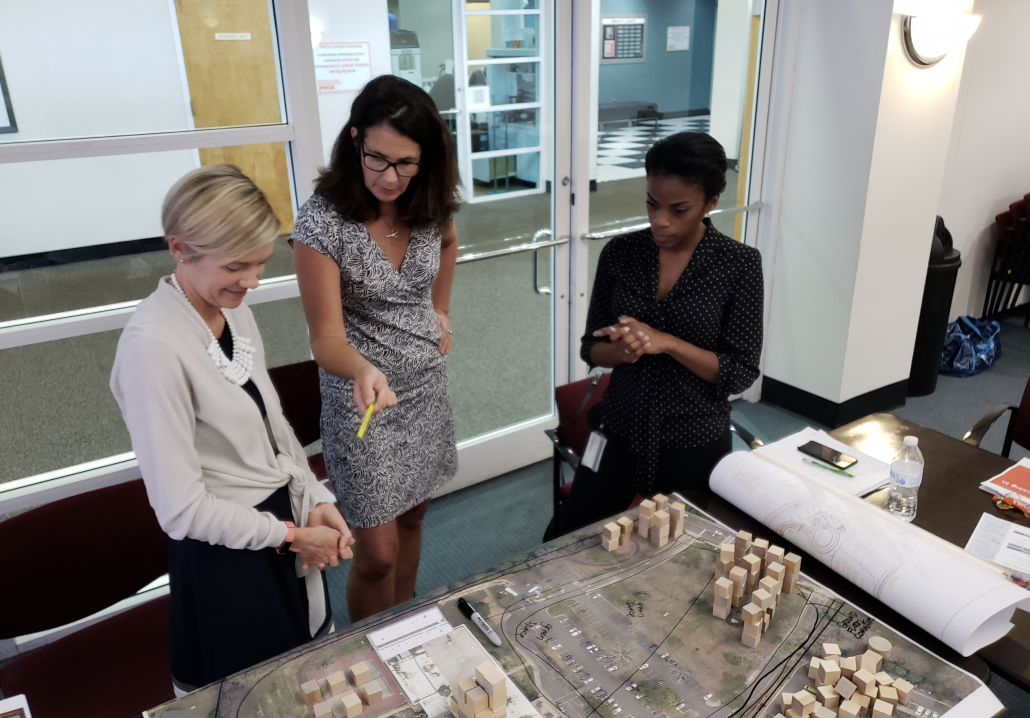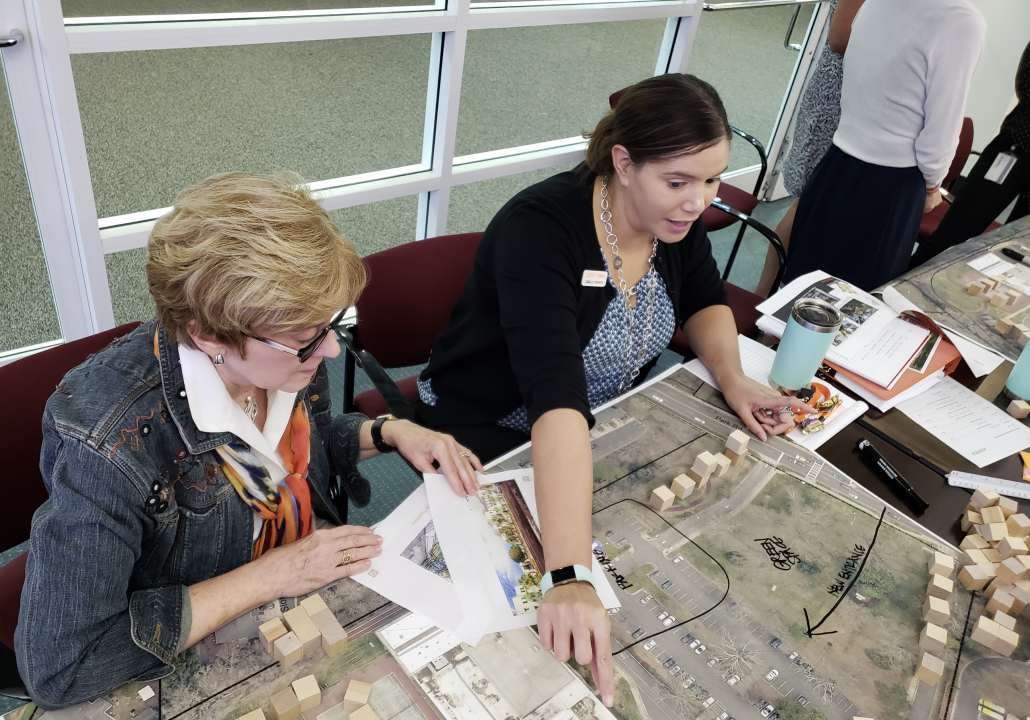Kirsten D. Sikkelee
Chief Executive Officer
YWCA Central Carolinas
Paid off eviction debt. Paid off utility debt. Set a workable budget. Stuck to my budget! Negotiated better pay at work. Cut expenses. Started saving. Added to savings. Did all I was supposed to do to be ready to secure permanent housing. Why am I not finding a place I can afford to live?
Staff heard this lament over and over again from housing participants of our Women In Transition and Families Together programs at YWCA Central Carolinas. The challenge grew more difficult year after year. We shared their frustration: How can we deliver on the promise of safe, affordable housing for the individuals and families we serve when demand far exceeds supply and what supply exists is reducing rapidly?
The purpose of this post is to share information about how YWCA has wrestled with this question, and how we are seeking to answer it. Finally, we will share what we believe this can mean for the work to end and prevent homelessness in Charlotte-Mecklenburg.
YWCA’s History of Housing Women
Since 1909, women in Charlotte have found safe housing at YWCA. Over time, YWCA’s housing evolved, and in 1996, we transformed our 66-unit residence on Park Road into “Women In Transition,” a program with supportive services and strong permanent housing outcomes.
As homelessness grew to include more families, we constructed “Families Together” in 2008. Each year, households of one to several members graduate from our transitional programs into permanent housing. However, they continue to face challenges to find affordable options. Despite resolving debt, creating savings, and following budgets, rental housing is too often unaffordable.
From Old Land a New Opportunity for Something Else: Affordable Housing
In 1962, YWCA Central Carolinas was given nearly 10 acres of land on which we built out our Park Road campus, relocating operations from the heart of Uptown Charlotte. The new campus opened in 1966 with an integrated swimming pool, housing for women and childcare programs. This land has always been a gift to us, and we began to think about how it could become a gift to the greater community.
In September 2018, we invited architect Catherine Monroe (The Housing Studio) and Taiwo Jaiyeoba (former planning director and assistant city manager at the City of Charlotte) and their colleagues to help lead a visioning session.
With wooden blocks and giant Google Earth maps of our property, our board members and leadership team spent time together envisioning how we might repurpose our land for affordable housing.
The visioning process continued into 2019 and by that summer, we had a first set of plans and a trusted development partner in DreamKey Partners (DKP), formerly Charlotte-Mecklenburg Housing Partnership. YWCA Central Carolinas and DreamKey Partners joined forces and funding to build 104 units of affordable rental housing on our Park Road campus for households with income between 30% and 60% of Area Median Income. Construction is expected to begin fall 2022. The type of units will be 1, 2, and 3 bedroom garden-style and 2 bedroom townhomes.
How We Are Creating More Affordable Housing
We have called this new affordable housing initiative, “Grounds for Change.” The $37 million project will result in vast infrastructure upgrades, parking beneath 84 of the units and YWCA façade improvement. DKP is securing financing of over $29 million through tax credit equity, City and North Carolina Housing Finance Agency housing trust funds, low-interest loans and grants, applicable to housing-related costs only. YWCA will ground lease to DKP for 70 years, retaining ownership of the land. DKP will own the housing and contract for property management.
Rather than launch a broad, public capital campaign, YWCA has focused on engaging the commitments of a few major gift donors who trusted our leadership and track record and who shared our urgency to add very affordable rental units to the limited community supply. YWCA announced the first major gift of $3 million from The Gambrell Foundation at our annual “We Believe” event in February 2020, three weeks to the day before Mecklenburg County reported its first COVID-19 case. Four days later, schools and businesses pivoted all they could to virtual as we entered lockdown. That very week, the brightest spot in this early, anxious time came from an anonymous corporate long-time partner, committing $4 million to this effort. Within six months, $10.3 million had been committed to YWCA Central Carolinas by just seven donors. And, $3.25 million of YWCA funds will be low-interest loaned or granted to DreamKey Partners with the full support of the donors.
In March 2020, we petitioned to rezone our property. We met with our neighbors multiple times, moving through the process to officially rezone the Park Road property for future housing, all virtually. The unanimous endorsement of the Rezoning Committee and the unanimous vote by City Council to support rezoning were beacons of light shining on challenging times, a key milestone bringing us closer to welcoming our future neighbors.
SO, WHAT
While the 104 new units at YWCA will not solve the affordable housing crisis in Charlotte-Mecklenburg, we are glad to be a part of the solution and to help others who may be inspired to act by building and/or rehabbing affordable housing units in this region.
As we hear in different spaces throughout the community, even with significant increases in public and private funding for housing, the number of affordable units produced is not nearly keeping pace with the number of units needed. On top of that, the number of new units is falling behind the number of units being lost. One culprit in this net loss scenario is the speculative nature of both local and out-of-town investors, who gobble up properties and flip them for higher rents.
Multi-family properties are not the only targets of this speculation. In a February 2022 report by The Washington Post, data showed that “25% of homes purchased in the Charlotte, NC area last year were bought by investors – more than the typical metro. That’s higher than its 2015 rate of 11%.”
Therefore, it is essential that we at least try to do everything we can to maintain what we have, especially with regard to affordable housing units for those with the least income. This effort is also true with respect to one of the most valuable resources we have: our land. Through “Grounds for Change,” we have learned firsthand that we already had what we needed to make a difference, we just needed to go about it differently…
By redesigning and repurposing our existing space, we made room for more than 100 affordable units. If you think about it, the idea, itself, is quite simple. Use our land better. Smarter. Stretch our resources. Increase our density. None of this was easy, by any means; but it was simple. That should provide some hope for all of us working to increase the supply of affordable housing in our community. And, for any of us concerned with the rapid loss of land and units.
Whether you are a nonprofit like us or a faith community with land or even an individual property owner, you can start by asking the question, “What else can I do with what I already have?” Perhaps you might find, like us, that the answer is, “Something.”
SIGN UP FOR BUILDING BRIDGES BLOG
Kirsten Sikkelee serves as chief executive officer of YWCA Central Carolinas, where she has enjoyed working since 1994. She became the Charlotte-based YWCA’s CEO in 2009, leading a YWCA association that offers racial justice programming, two transitional housing programs (Women In Transition & Families Together), eight Youth Learning Centers with free, literacy-based out-of-school programming and a co-ed fitness center. Kirsten and her team are committed to eliminating racism, empowering women and promoting peace, justice, freedom and dignity for all.






